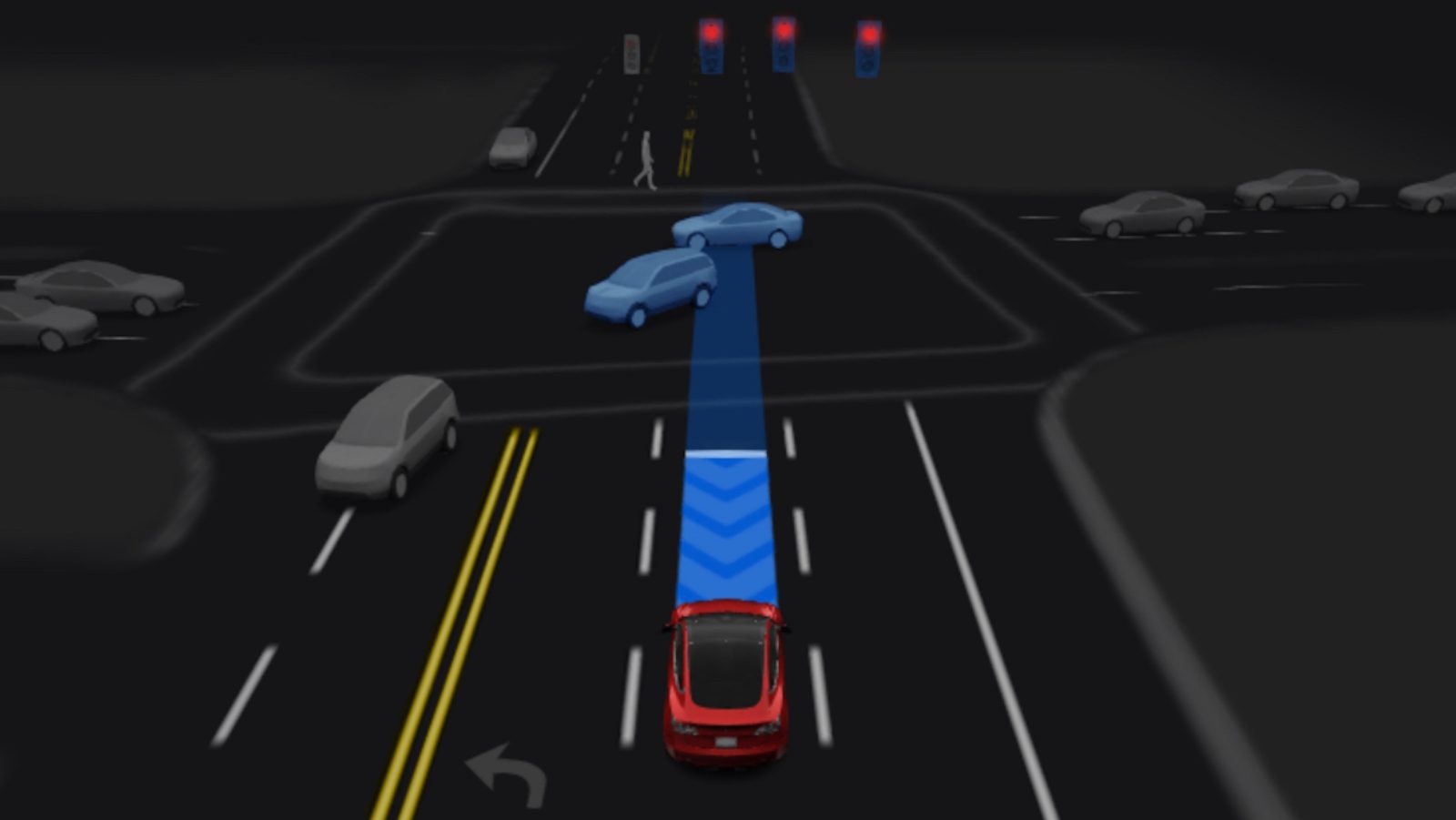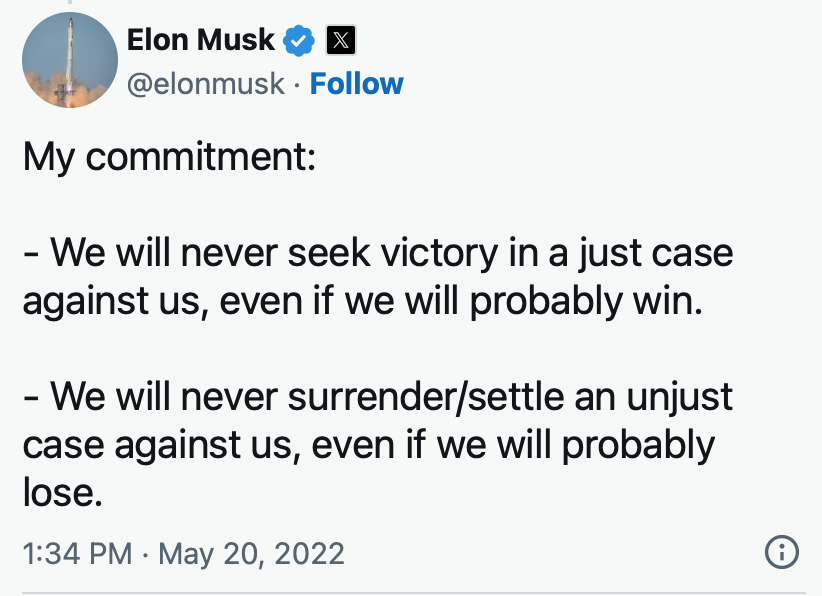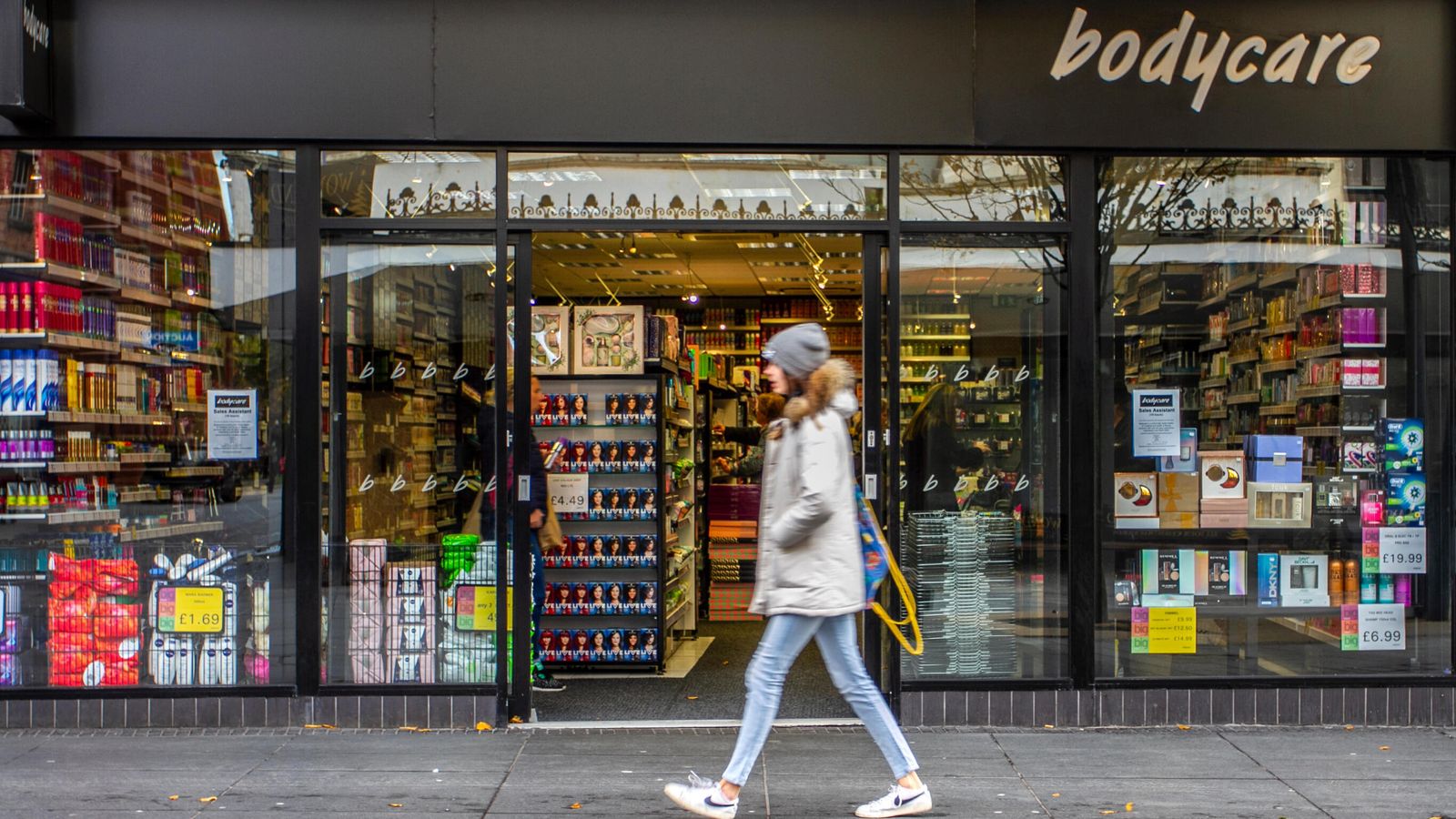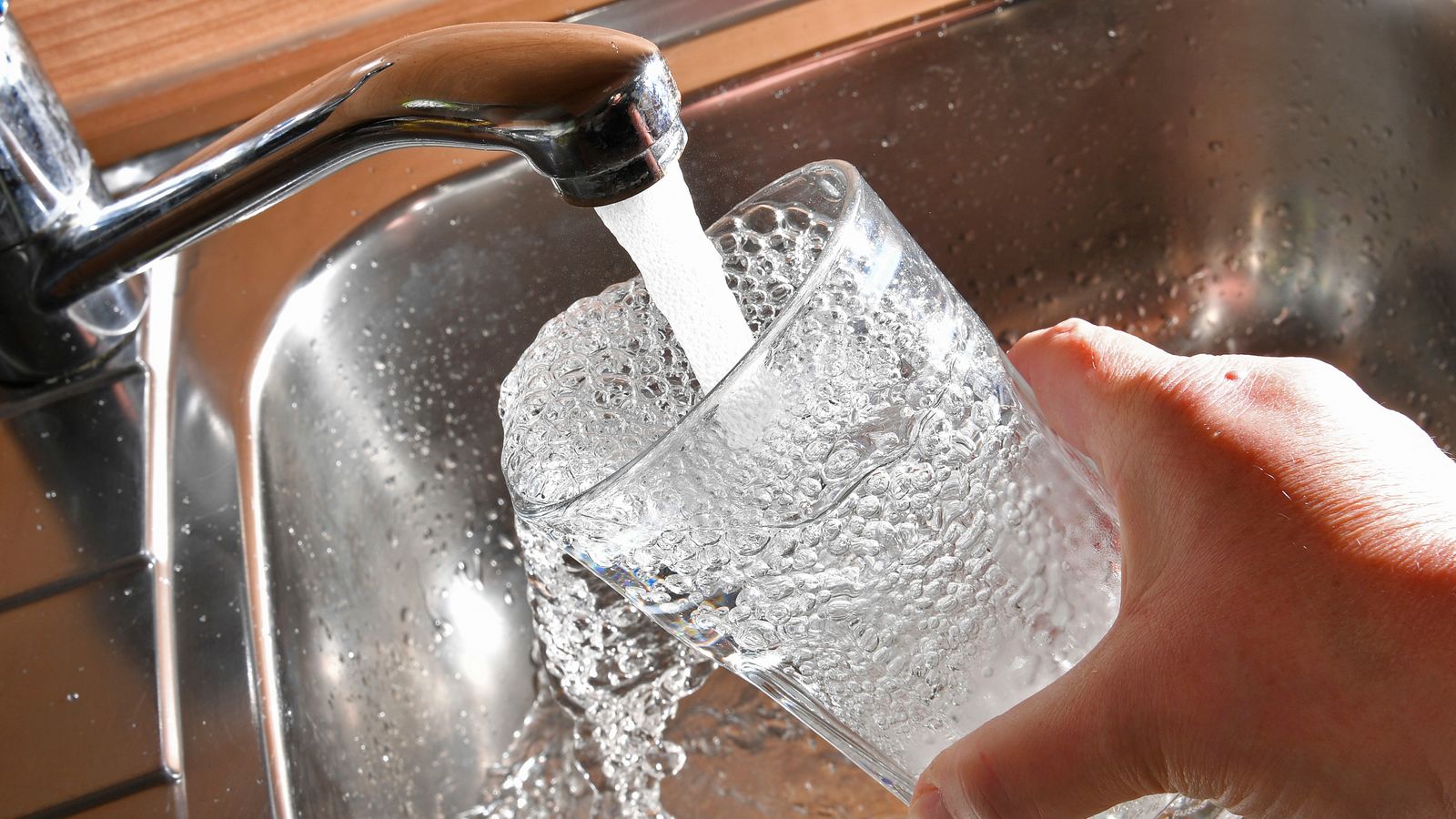
Tesla rejected a $60 million settlement offer in the Autopilot wrongful death case which resulted in a $243 million verdict against the company, according to new legal documents.
It’s a rare example of Tesla sticking to its promise not to settle cases it thinks are unjust, and it may end up biting the company right in the pocketbook.
To catch up, the case in question is the $243 million Autopilot wrongful death case which concluded early this month. It was the first actual verdict against the company in an Autopilot wrongful death case – not counting previous settlements.
The case centered around a 2019 crash of a Model S in Florida, where the driver dropped his phone and while he was picking it up, the Model S drove through a stop sign at a T-intersection, crashing into a parked Chevy Tahoe which then struck two pedestrians, killing one and seriously injuring the other.
Tesla was also caught withholding data in the case, which is not a good look.
In the end, for the purposes of compensatory damages, the driver was found 67% responsible and Tesla was found 33% responsible. But Tesla was also slapped with $200 million in punitive damages. The plaintiffs reached a settlement with the driver separately.
Tesla plans to appeal the case, and we’re sure it will exhaust every possibility. It may or may not turn out in the company’s favor, which we’ll stay tuned for.
But today, new information came out that Tesla previously declined a $60 million settlement in the case – which, if the verdict holds, will have ended up costing the company an extra $183 million.
Tesla did not accept the settlement, and instead countered with one which included a lower amount, and also a non-disclosure agreement. The plaintiffs did not accept this counter-offer.
Today’s news came as part of a filing from plaintiffs’ attorneys requesting Tesla pay plaintiffs’ accrued legal fees since May 30, the day the settlement was proposed, which they say Florida law entitles them to.
This means denying the settlement could also cost the plaintiffs’ legal fees from continuing to fight the case, and the costs of any subsequent court appeals. Plus the setting of a legal precedent which could have been avoided through settlement.
It’s a somewhat rare example of Tesla sticking to a promise that it made years ago. Tesla CEO Elon Musk once said that the company will never settle an unjust case against it.

He said this while trying to recruit a “hardcore litigation department,” a phrase that Musk has used multiple times over Tesla’s history.
However, as mentioned above, this is a somewhat rare example of Tesla sticking to those words. Despite Musk being clear about this commitment, Tesla has settled a number of cases in the years since.
The company settled the wrongful death cases for Walter Huang and Clyde Leach, a case over excessive compensation for Tesla’s board, a UK case over false self-driving claims, and a case over solar roof pricing (which is a story that we at Electrek originally broke) – suggesting either that Tesla found those cases “just,” or that the commitment above was perhaps not as sweeping as Musk portrayed it to be.
Electrek’s Take
The commitment above is an admirable goal, suggesting a forthrightness that is rare in business and law. It’s just too bad that it’s not real, and that Musk was just running his mouth (or, fingers) when he said it.
Besides, a company seeking forthrightness in legal matters wouldn’t hide evidence, which Tesla did in this case.
More realistically… Tesla’s settlements aren’t an admission of the “justness” of the cases against it, but instead are just examples of standard legal maneuvering by a business.
Tesla has likely settled in previous cases to avoid a legal precedent that would allow future cases to be decided against it using the framework of a previous case. This is a common move for businesses, and is often the monetarily correct one, particularly if they see a reasonable chance of a verdict against them.
In this case, Tesla perhaps didn’t think there was a reasonable chance of a verdict against it, or perhaps it was relying on the hundreds of millions in bribes its CEO gave to an openly corrupt political candidate, hoping that would make its legal problems go away.
Incidentally, the date the settlement was proposed was May 30, less than a week before the famous falling out between Musk and the corrupt candidate in question. Although Tesla would have had 30 days to accept the settlement, which it did not do, even after the public breakup. So perhaps the theory of hoping for corruption is a little too conspiratorial here.
Declining the settlement in this case could suggest that Tesla finds this to be an “unjust” case, and that it wanted to continue to fight said case on moral grounds… except that it offered its own countersettlement. So, maybe not so high-minded after all.
Realistically, it’s just the standard calculation of the likely cost of the result of the case, multiplied by the probability that Tesla sees of the case succeeding, as is the case with most companies. And it has nothing to do with Musk’s high-minded tweet which the company has repeatedly shown itself not to be beholden to.
Either way, continuing with appeals is the expected move from here on out. Tesla has the cash to keep fighting this, and so it will do so, especially if it sees any chance of succeeding.
But if it continues to go poorly for the company, that could not only cost it $183 million more than the settlement would have, but also set a potentially costly legal precedent for any future wrongful death cases. And the lawyer involved in this case, Brett Schreiber, says he’s ready for round two.
The 30% federal solar tax credit is ending this year. If you’ve ever considered going solar, now’s the time to act. To make sure you find a trusted, reliable solar installer near you that offers competitive pricing, check out EnergySage, a free service that makes it easy for you to go solar. It has hundreds of pre-vetted solar installers competing for your business, ensuring you get high-quality solutions and save 20-30% compared to going it alone. Plus, it’s free to use, and you won’t get sales calls until you select an installer and share your phone number with them.
Your personalized solar quotes are easy to compare online and you’ll get access to unbiased Energy Advisors to help you every step of the way. Get started here.
FTC: We use income earning auto affiliate links. More.





![Here's our first official look at the new Hyundai EV debuting next month [Images]](https://i0.wp.com/electrek.co/wp-content/uploads/sites/3/2025/08/hyundai-ioniq-2-first-look.jpeg?resize=1200,628&quality=82&strip=all&ssl=1)








